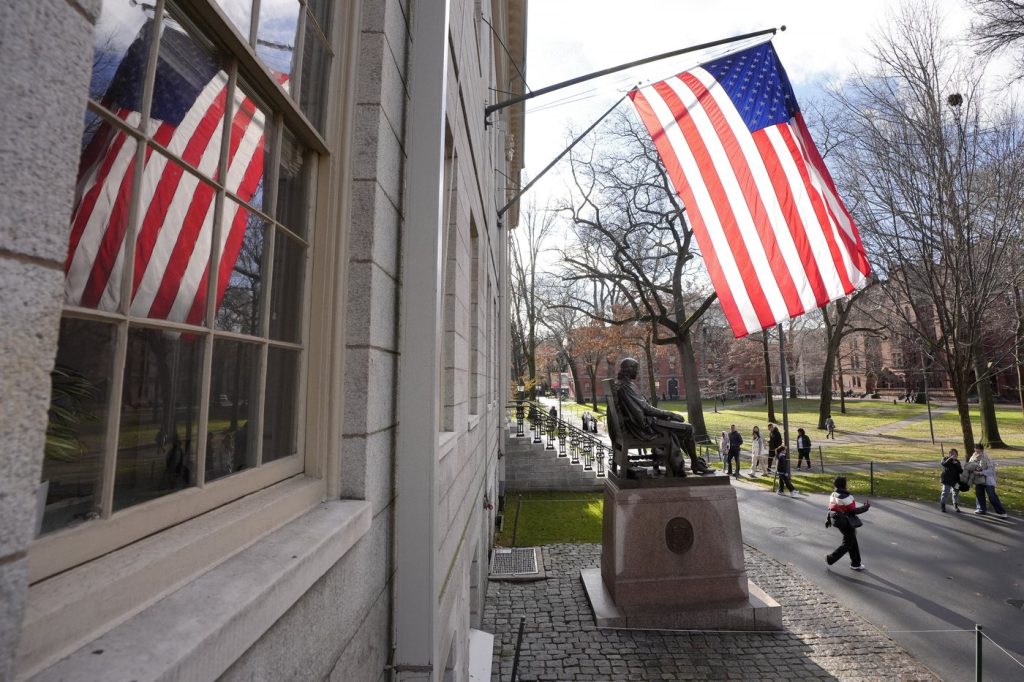As the Republican majority in Congress explores avenues for significant budget cuts, proposals targeting higher education are gaining traction. Among these are new taxes on college scholarships, the abolition of certain student loan repayment plans, and a substantial increase in taxation on university endowments. These recommendations form part of a wider discussion initiated by House committees examining potential ways to fund the continuation and expansion of tax cuts initially implemented during former President Donald Trump's first term.
Advocates within the higher education sector are expressing alarm over these proposals, which they see as ideologically motivated rather than economically necessary. Jessica Thompson, a policy expert from The Institute for College Access and Success, remarked that the current proposals are alarming not in reaction to a budget crisis or recession, but reflect an ideological shift among Republican lawmakers. This sets a concerning precedent for how education funding and student financial aid might be affected.
One key area under examination is the restructuring of student loan programs. The U.S. House Committee on Education and the Workforce is contemplating changes that could limit access to federal aid. Among the plans being considered is the potential withdrawal of the SAVE plan, introduced under the Biden administration, which allows borrowers earning less than 225% of the federal poverty line to avoid monthly payments. Currently, the income threshold for this plan is set at $32,800 for single individuals. There are suggestions to modify the process for borrowers in default, potentially easing access to rehabilitation programs, although expected savings for the government have not yet been elaborated upon.
Another significant proposal involves the potential taxation of scholarships and fellowships; these have historically been tax-exempt when utilized for educational expenses. The suggested changes could impose unforeseen financial burdens on students and families, reversing the progress made in reducing higher education costs in recent years. Craig Lindwarm, senior vice president at the Association of Public and Land-Grant Universities, warned that many of the proposed measures could ultimately lead to increased expenses for students and families.
Additionally, there are discussions surrounding the taxation of college endowments. Following the enactment of the Tax Cuts and Jobs Act, a 1.4% tax on the income from endowments was applied to certain private nonprofit institutions, generating approximately $244 million in 2022 from 58 colleges. The new proposals suggest raising this tax rate to 14% and expanding the number of institutions subject to this tax. These changes underline a growing scrutiny of the financial practices of higher educational institutions, particularly those with substantial endowments.
Lastly, the ongoing dialogue also addresses potential penalties for colleges and universities that contravene Title VI of the Civil Rights Act, which prohibits discrimination based on shared ancestry. For educational institutions, these investigations have historically resulted in settlements aimed at rectifying issues through policy updates and training. The proposals come at a time of increasing focus on civil rights issues within the academic environment, particularly in light of recent complaints related to antisemitism on campuses.
While the timing of the proposal's implementation remains uncertain, discussions may proceed as early as this spring through a budget reconciliation process, allowing Republican lawmakers to advance proposals amidst a narrow majority in the House. The implications of these changes are far-reaching, warranting attentiveness from students, educators, and advocacy groups alike as developments unfold.










